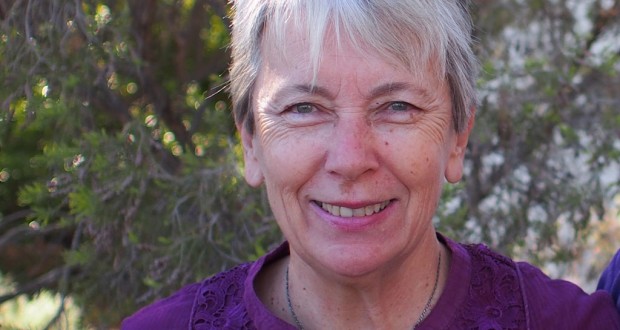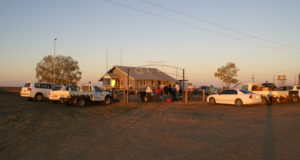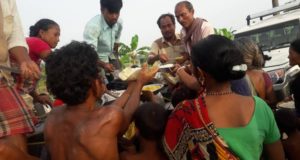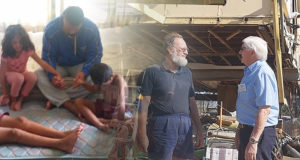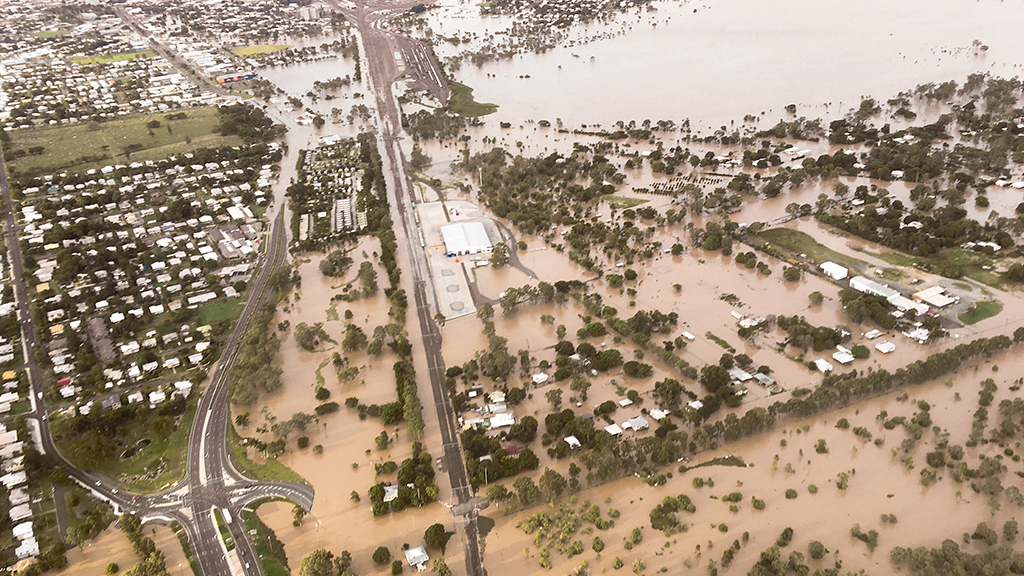Longreach minister Rev Jenny Coombes provides insight into how we can care for people in times of disaster.
One of the greatest stressors in my life at present is having to smile and say “thank you very much” to people who bring goods into the area—toys, pamper packs, food hampers, hay and so on—then deal with businesses who stock these items and are down as much as 60 per cent on income.
Regardless of whether you are talking Cyclone Winston, bushfires, floods, droughts … stop and think about what you donate—and make sure the people on the ground want it, need it, and can handle it.
Despite the documented evidence across many disaster settings of the damage to the local economy initiated by bringing products into the situation, the practice continues.
Generally, the best option is to send money in some form. Distributing vouchers or gift cards stimulates a community, and it has been shown that the money impacts between four and seven sets of lives as it circulates. Talk about value-adding!
Other options I have found helpful and recommend include resources for those ministering into disaster events such as Disaster Recovery Chaplaincy training (currently available in New South Wales and the ACT) and books such as Ministry in Disaster Settings: Lessons from the Edge by Stephen Robinson (Atlantis Books, NSW).
The work Stephen has done in identifying the various responses and phases people are likely to experience after a disaster seems common to all forms of disaster. This knowledge helps you to identify where people are and to find different ways of supporting them, or perhaps just walking alongside as they process the event and its consequences.
The Queensland Synod has implemented a peer support program where ministers and pastors are trained in supporting others who are ministering in disaster situations.
They walk alongside and provide a calm voice in the midst of chaos, and offer some TLC (tender loving care) to those who are in the thick of it. They may also be able to offer some time-out from duties to give the minister some space to recover. Often the ministers and their families in the disaster area have been impacted, so sometimes they need physical support in their own life and home as well as in undertaking their duties as minister. This program is well worth supporting.
For more information contact your presbytery minister, who will in turn contact Rev Linda Hamill, the peer support program coordinator.
 JourneyOnline
JourneyOnline
